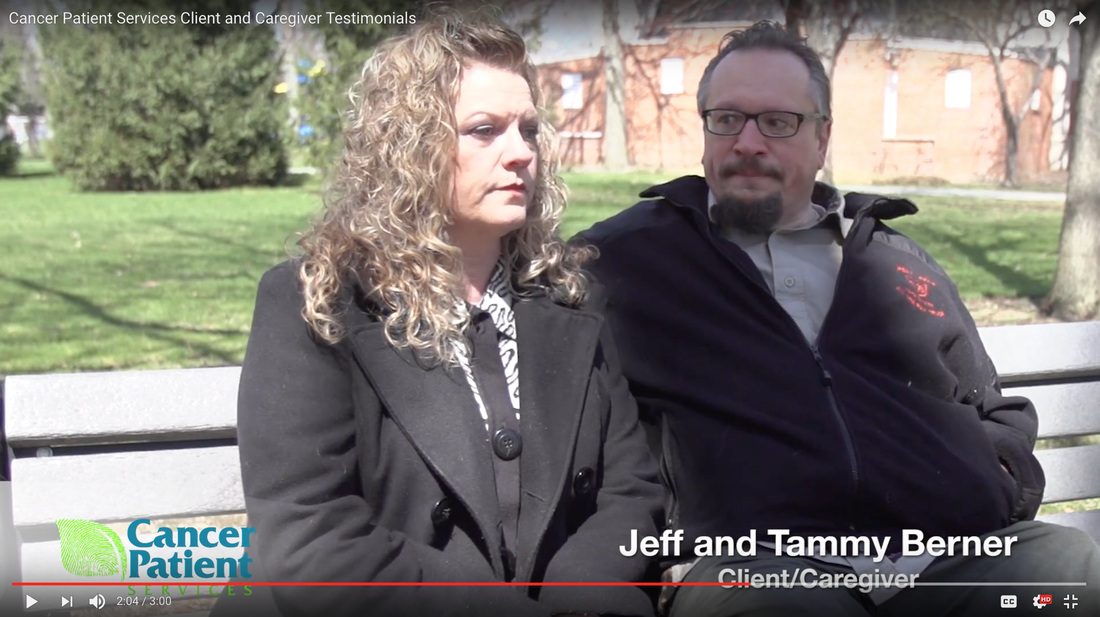One of the hardest things to do is ask for help. It is hard to admit that we can’t do it anymore, that we are overwhelmed, exhausted and afraid of letting our loved one down. Asking for help is making ourselves vulnerable, and who the heck wants to do that?
But you opened this blog to read this topic, so either you are a caregiver or you know someone who is struggling with their caregiver role. So let me share some insights about caregiving that could help you or someone you know with their role as caregiver.
- Caregiving is one of the toughest jobs you will ever have.
- You need to make difficult decisions on sensitive, emotionally charged issues
- Caregiving isn’t parenting.
- Caregiving can be uncomfortable and sometimes embarrassing for the patient and the caregiver
- Caregiver burnout is a REAL thing
The symptoms of caregiver burnout are similar to the symptoms of stress and depression. They include:
· Withdrawal from friends and family
· Loss of interest in activities previously enjoyed
· Feeling blue, irritable, hopeless, and helpless
· Changes in appetite, weight, or both
· Changes in sleep patterns
· Getting sick more often
· Feelings of wanting to hurt yourself or the person for whom you are caring
· Emotional and physical exhaustion
· Excessive use of alcohol and/or sleep medications
· Irritability
(Taken from WedMd; http://www.webmd.com/women/caregiver-recognizing-burnout#1)
If you recognize these signs in yourself or another caregiver in your life, take some steps to prevent or reduce burnout.
Here are several options:
- Talk to another family member or close friend you can trust. Ask them for support and/or help. Seek out respite care from family, friends or local organizations.
- Take care of yourself. It is all things we have heard a million times; eat a balanced diet, get a good night’s sleep, exercise, and limit alcohol intake. While doing all these things when you aren’t a caregiver seems impossible, focusing on one or two areas can have an impact in reducing burnout.
- If you notice that you seem to feel your burnout increasing, contact a professional. Cancer Patient Services offers individual sessions with Licensed Mental Health Professionals to not only our clients, but their caregivers and family members. We realize that a cancer diagnosis impacts the whole family and offer support to everyone affected.



 RSS Feed
RSS Feed

